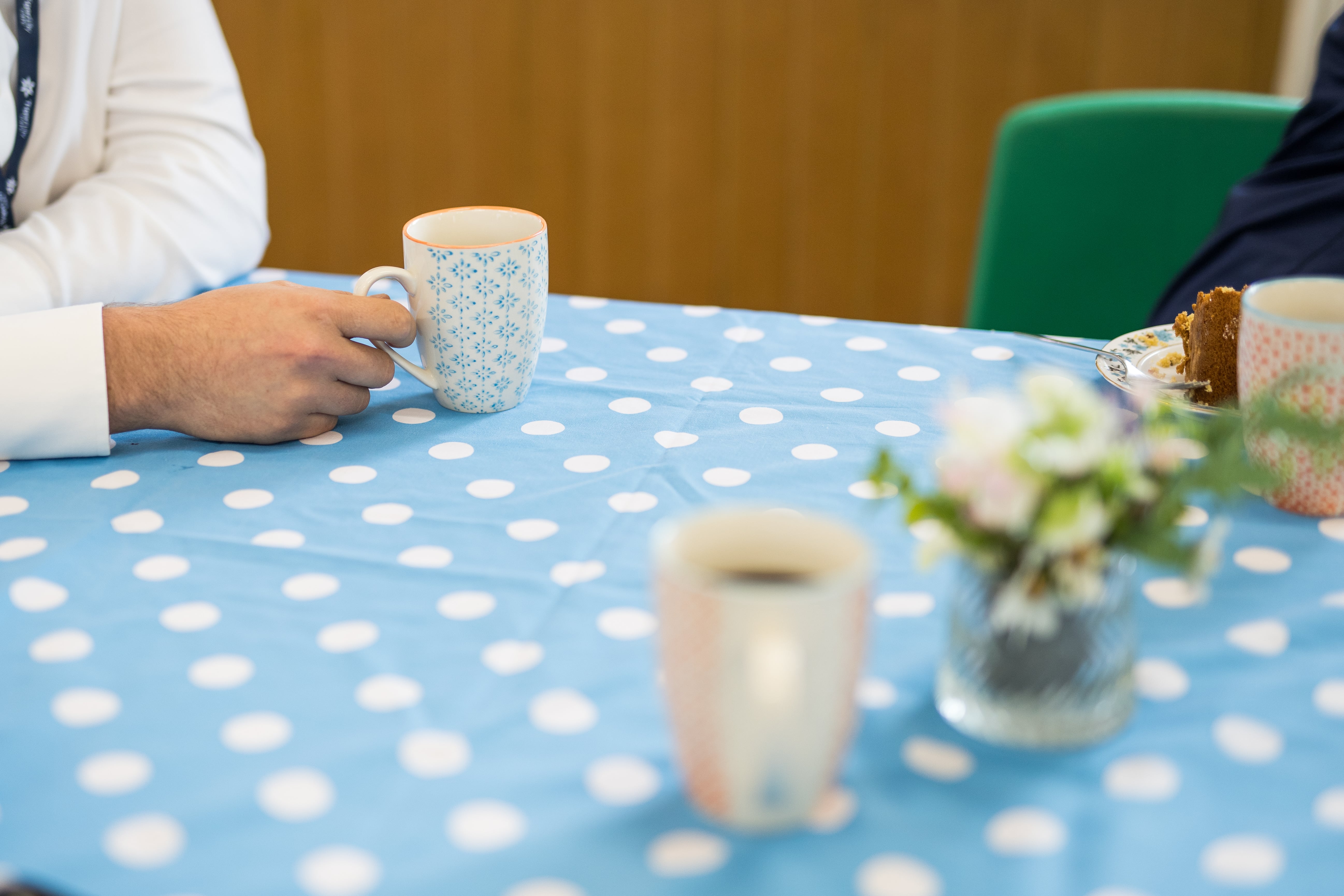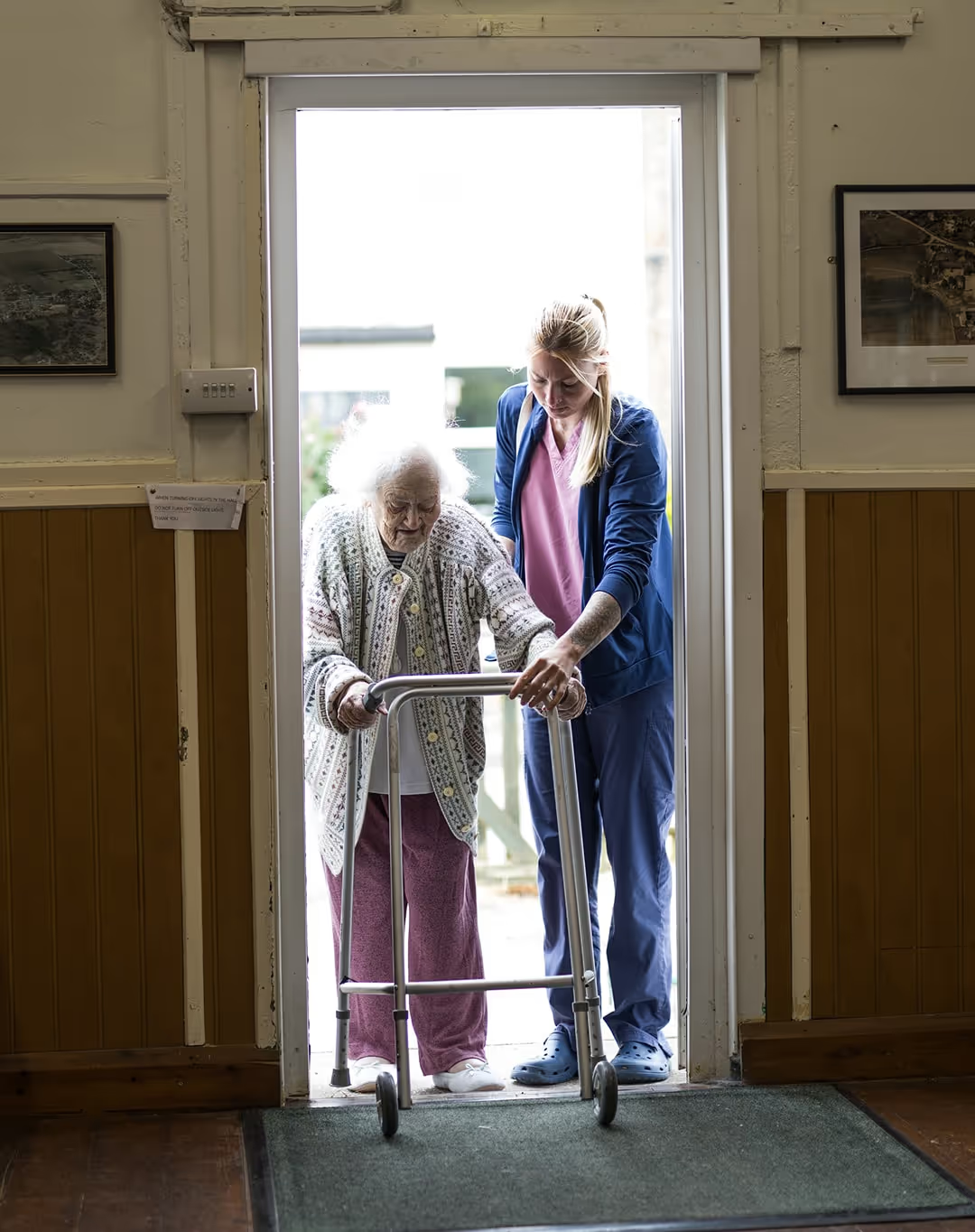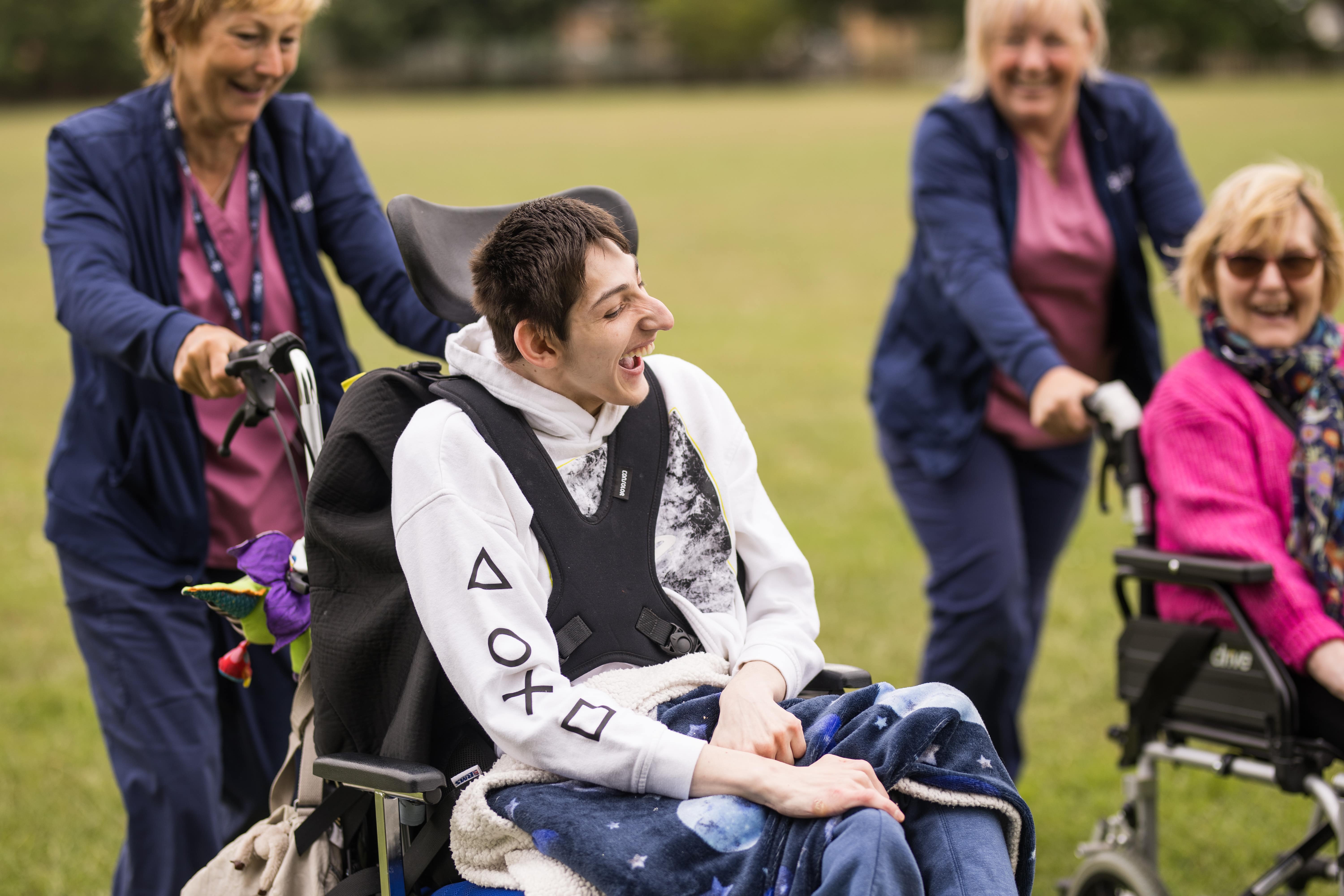Diabetes is one of the most common chronic conditions among older adults. Whether it’s type 1, type 2, or prediabetes, managing blood sugar levels safely becomes more complex with age, especially when combined with other age-related health issues. For family members and carers, providing home care for someone with diabetes means more than just managing medication; it involves a holistic approach to diet, routine, mobility, and emotional well-being.
Fortunately, with the right knowledge and support, older adults with diabetes can lead full, independent lives. This blog offers practical tips for managing diabetes at home, helping carers understand what to monitor, how to respond to changes, and how to create a supportive daily routine tailored to older people’s unique needs.
Understanding Diabetes in Later Life
Diabetes affects how the body regulates blood sugar. In older adults, diabetes may be newly diagnosed, long-standing, or complicated by other conditions such as heart disease, kidney problems, or cognitive decline.
Common symptoms include:
- Increased thirst or urination
- Fatigue
- Blurred vision
- Slow-healing wounds
- Weight changes
- Confusion
But in seniors, symptoms may present more subtly or be mistaken for ageing, so regular monitoring is key.
Why diabetes management is different in older adults:
- Seniors are more prone to hypoglycaemia (low blood sugar), which can lead to confusion, falls, or even unconsciousness.
- They may experience vision or mobility issues, making insulin administration or glucose monitoring more difficult.
- Appetite and nutrition can be impacted by dentures, medication side effects, or cognitive decline.
- Multiple medications increase the risk of drug interactions.
That’s why family carers play a vital role in ensuring routines are safe, consistent, and adapted to the individual’s physical and cognitive capacity.
Creating a Daily Diabetes Care Routine
A structured routine supports stable blood sugar levels and reduces the risk of dangerous highs or lows. Older adults often thrive with regular habits, and predictable schedules make diabetes management easier for everyone.
Tips for creating a helpful routine:
- Plan regular mealtimes with consistent carbohydrate intake.
- Align medication and insulin administration with meals as prescribed.
- Schedule daily physical activity at the same time each day.
- Monitor blood sugar at consistent times (e.g., before breakfast and dinner).
- Include routine foot checks to spot sores or changes early.
Using a daily care planner, medication chart, or wall calendar can help keep track and provide reassurance to both the person receiving care and the carer.
Monitoring Blood Glucose Levels
Monitoring blood sugar is a key part of diabetes care. Depending on the individual's treatment plan, blood glucose may need to be checked once a day or several times.
Tips for carers:
- Learn how to use the glucometer and test strips properly.
- Keep a record of readings in a logbook or app.
- Watch for patterns in readings that may indicate medication or dietary changes are needed.
- Be aware of what the target range is, and when to call the GP or diabetes nurse.
Warning signs of low blood sugar (hypoglycaemia):
- Shakiness or sweating
- Confusion or irritability
- Slurred speech
- Blurred vision
- Dizziness or fainting
Warning signs of high blood sugar (hyperglycaemia):
- Excessive thirst
- Frequent urination
- Headache
- Weakness or tiredness
- Nausea
Have a clear care plan in place for how to respond to these situations, including when to give glucose tablets or seek emergency care.
Supporting a Balanced, Diabetic-Friendly Diet
Healthy eating is the cornerstone of diabetes management. But for older adults, appetite changes, dental problems, or dementia may interfere with good nutrition. Carers can help by preparing meals that are simple, satisfying, and blood sugar-friendly.
Nutrition tips:
- Include high-fibre whole grains, vegetables, and lean protein in each meal.
- Limit sugary foods, processed snacks, and high-fat items.
- Offer healthy snacks like fruit with peanut butter, yogurt, or nuts.
- Watch portion sizes, especially carbohydrates.
- Stay consistent with meal timing to avoid glucose fluctuations.
Meal planning in advance, batch cooking, and using divided plates can make healthy eating easier. If chewing is difficult, modify texture by mashing or blending foods.
Hydration is equally important. Encourage water throughout the day and monitor caffeine or sugary drink intake.
Supporting Medication and Monitoring Needs
Many older adults with diabetes take oral medication, insulin, or both. Safe medication management is critical to avoid dangerous highs and lows.
Carer tips for managing medication:
- Use a pill organiser and set daily reminders.
- Understand what each medication does and when to give it.
- Store insulin properly in the fridge and monitor expiry dates.
- Be trained in insulin injection technique if necessary.
- Check for side effects like dizziness, nausea, or confusion.
If memory issues are present, never leave insulin doses to chance. Support with reminders or supervised administration may be needed.
Coordinate with the GP or pharmacist to regularly review medications and reduce risks of interactions or duplications.
Promoting Safe Physical Activity
Regular movement supports blood sugar control, improves circulation, and reduces the risk of complications like heart disease or depression.
Gentle activities to consider:
- Walking (indoors or outdoors, depending on mobility)
- Chair exercises or stretching
- Gardening or light household chores
- Tai chi or yoga
Before starting a new activity, check with your healthcare provider. Carers should monitor for signs of fatigue, joint pain, or hypoglycaemia after activity, and ensure seniors have eaten appropriately beforehand.
Even 15-30 minutes of daily movement can have a huge impact on diabetes control.
Preventing Complications Through Everyday Care
Diabetes affects multiple body systems, so home care must take a preventive approach.
Key areas to monitor:
- Feet: Check daily for redness, blisters, swelling, or cuts. Keep skin clean and moisturised. Seek medical help for any wounds.
- Eyes: Schedule annual eye exams to catch diabetic retinopathy early.
- Kidneys: Ensure regular blood and urine tests are completed.
- Skin: Watch for infections or slow-healing sores.
Make the home environment fall-safe, as blood sugar drops can cause dizziness. Install grab bars, reduce clutter, and ensure good lighting in hallways and bathrooms.
If your loved one lives alone, consider wearable medical alert devices in case of emergencies.
Emotional and Cognitive Support
Diabetes can be stressful, particularly if combined with memory loss, mobility issues, or low mood. Depression is more common in older adults with diabetes and can impact self-care.
Carers can support mental well-being by:
- Keeping routines calm and predictable.
- Encouraging social contact through visits or group activities.
- Watching for signs of confusion, withdrawal, or forgetfulness.
- Speaking to a GP about memory or mood changes.
- Supporting independence while offering reassurance and guidance.
Dementia and diabetes often co-exist. In these cases, simplified routines, visual cues, and extra supervision may be necessary to keep care safe.
Working with Healthcare Professionals
Carers don’t have to manage diabetes alone. A strong relationship with healthcare providers ensures good outcomes and gives carers confidence.
Consider regular input from:
- GP or practice nurse for overall health monitoring.
- Diabetes specialist nurse for care planning.
- Dietitian for meal planning and weight concerns.
- Podiatrist for foot care.
- Pharmacist for medication reviews.
Keep a record of appointments, glucose readings, and medication changes to share with the care team.
Ask for a personalised care plan, especially if the older adult lives alone or has memory issues.
Carer Wellbeing and Self-Care
Caring for someone with diabetes is a long-term commitment and can feel overwhelming at times. It’s important for carers to look after their own health and set boundaries.
Tips for self-care:
- Share tasks with other family members where possible.
- Join a support group online or in person.
- Take regular breaks using respite care options.
- Maintain your own health appointments and nutrition.
Burnout doesn’t help anyone. You’re doing a valuable job, and it’s okay to ask for help.
To Conclude
Managing diabetes in older adults at home requires planning, awareness, and compassionate support. From blood glucose monitoring and medication management to meal planning and emotional care, every part of the routine plays a role in promoting stability and safety.
The good news is that small, consistent habits can make a huge difference. Whether it’s helping prepare a balanced breakfast, reminding about medication, or simply offering a calm presence, you are actively contributing to your loved one’s health and independence.
With the right information and support network, older adults with diabetes can continue to thrive at home.
Next step: Review your current care plan or daily routine. Is there one new habit you can introduce this week to support better diabetes control?








